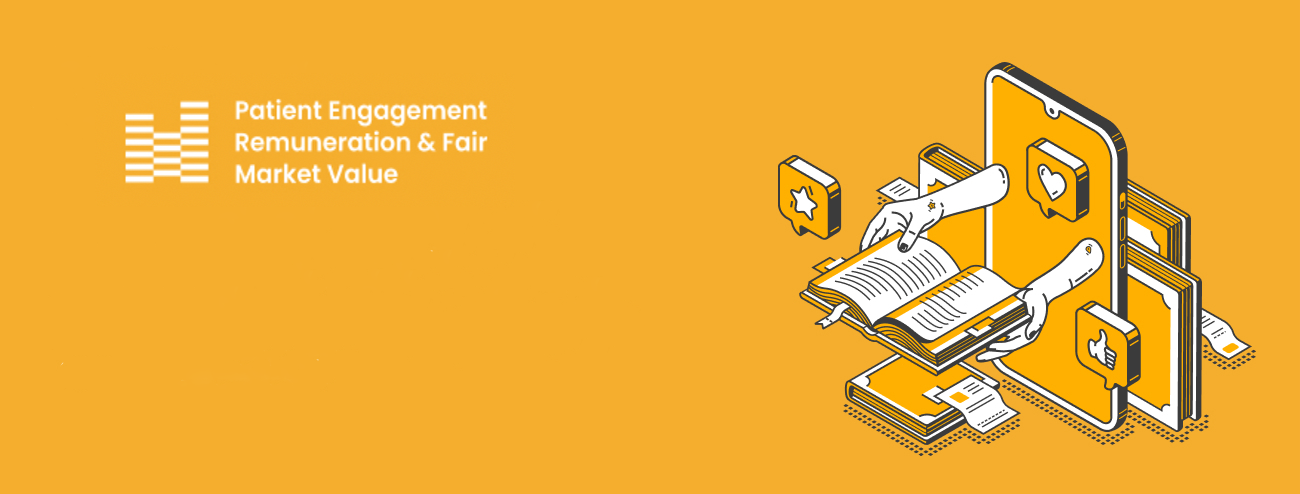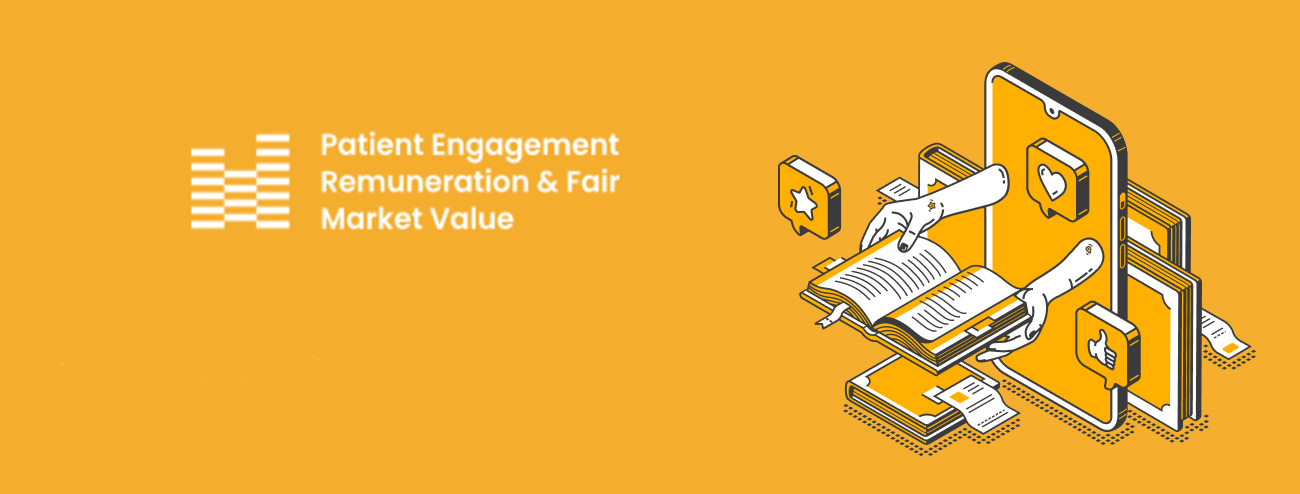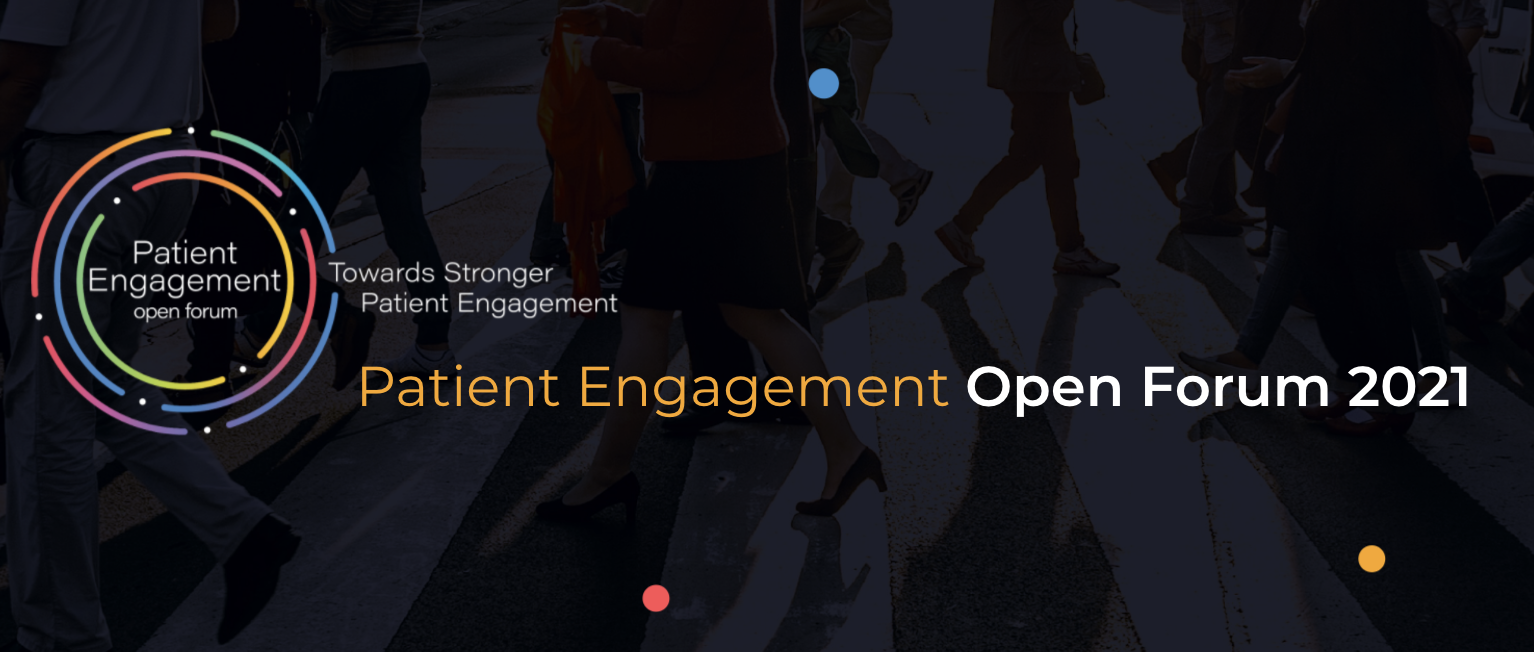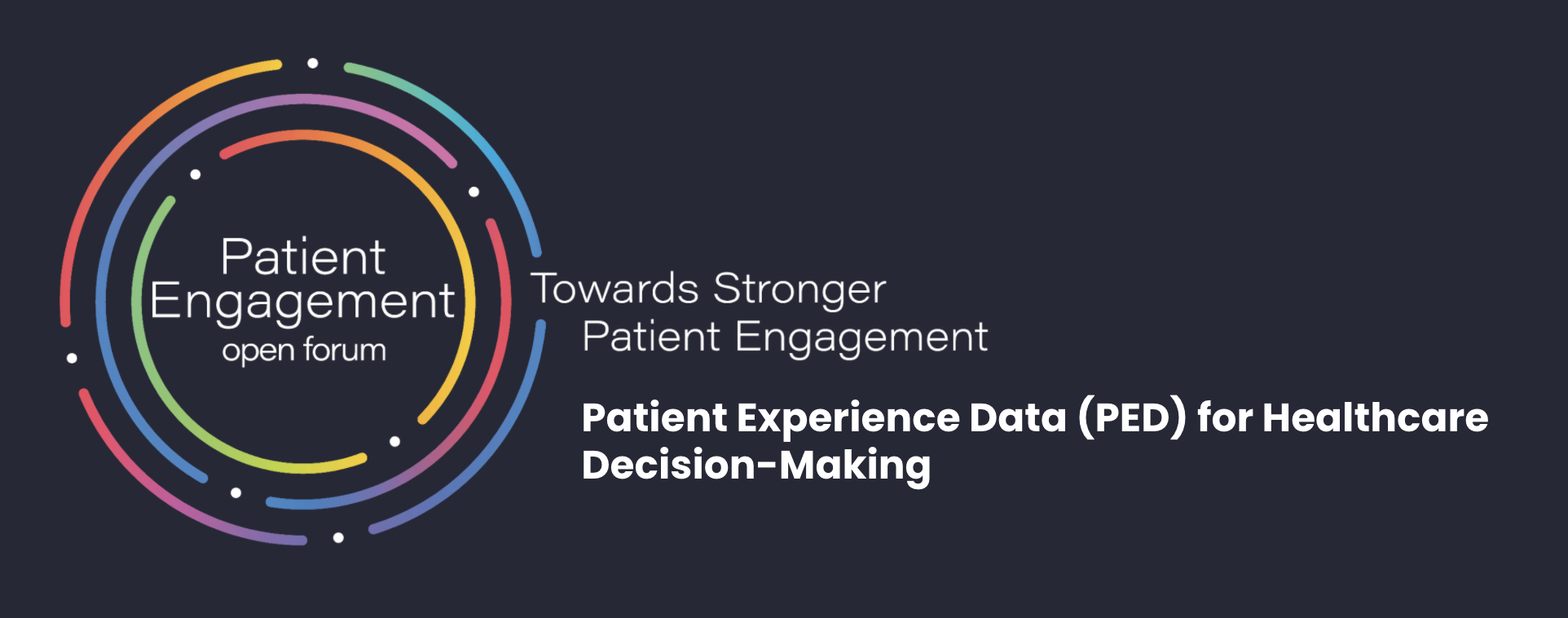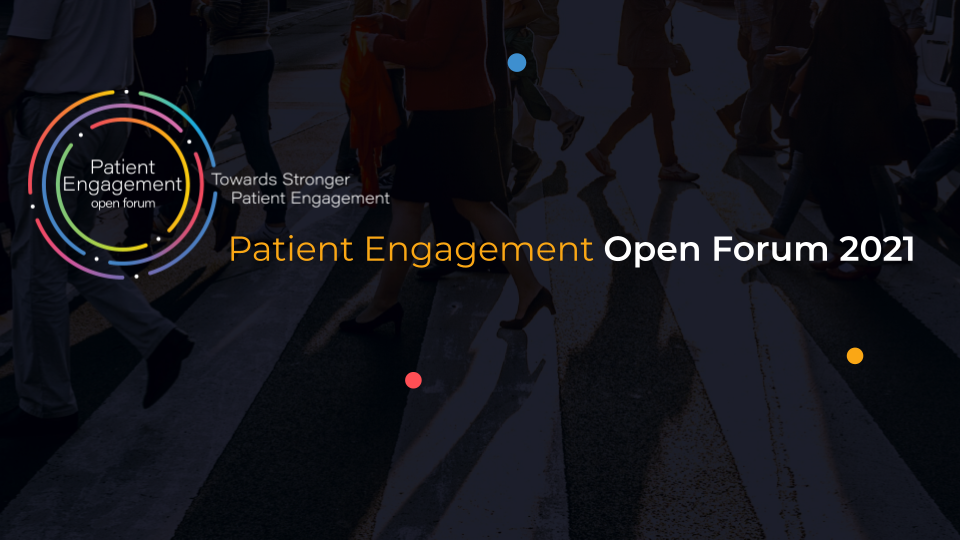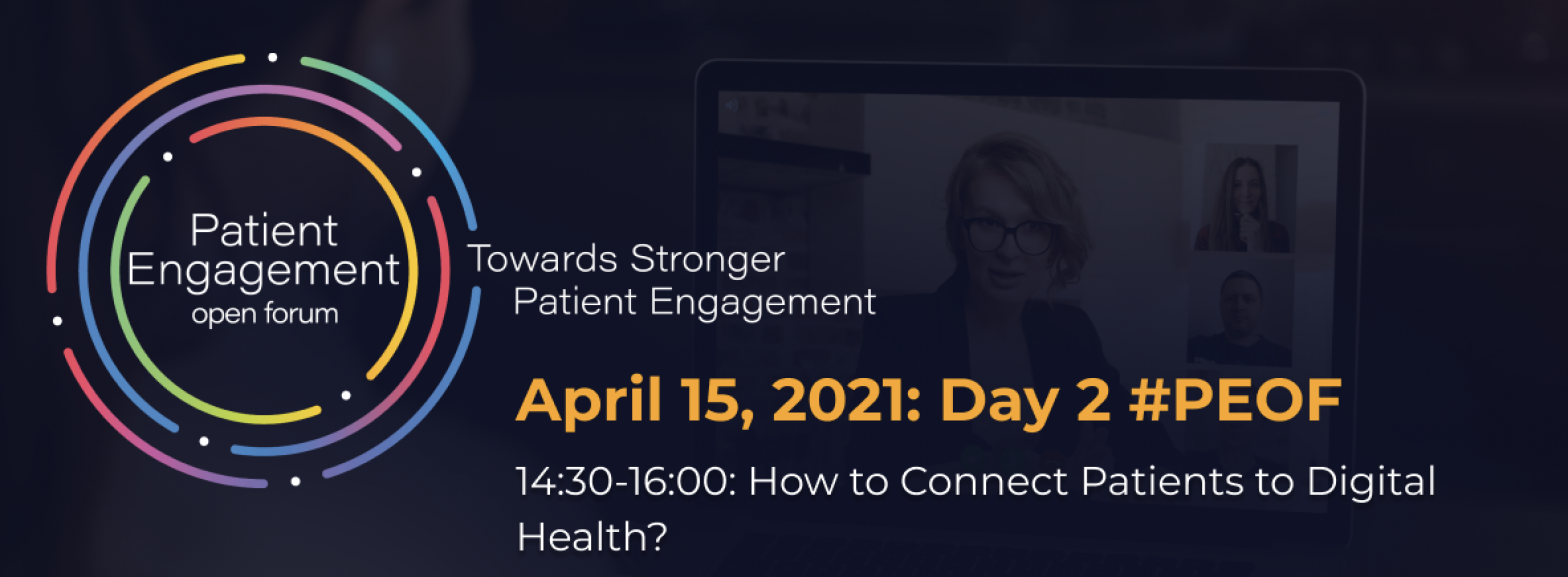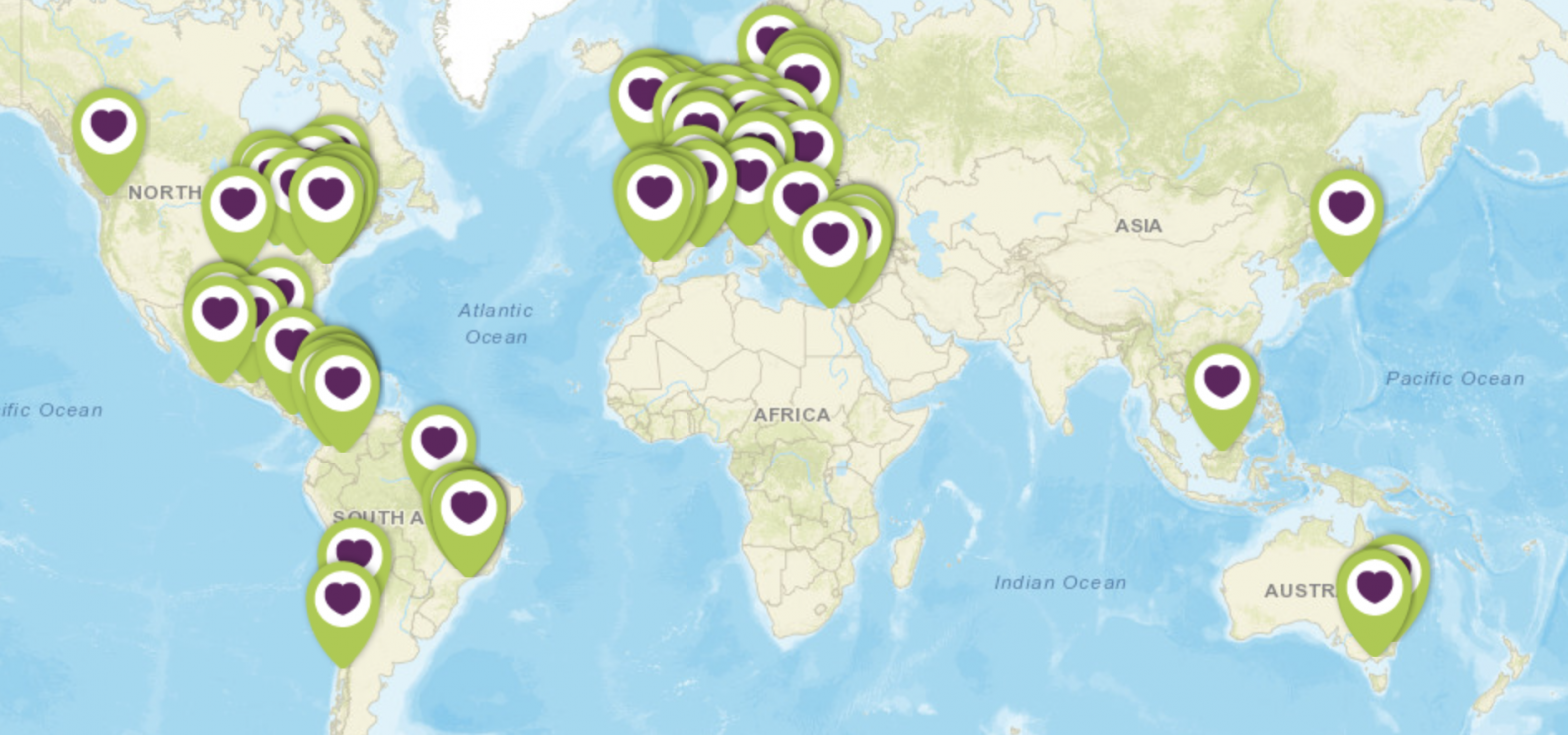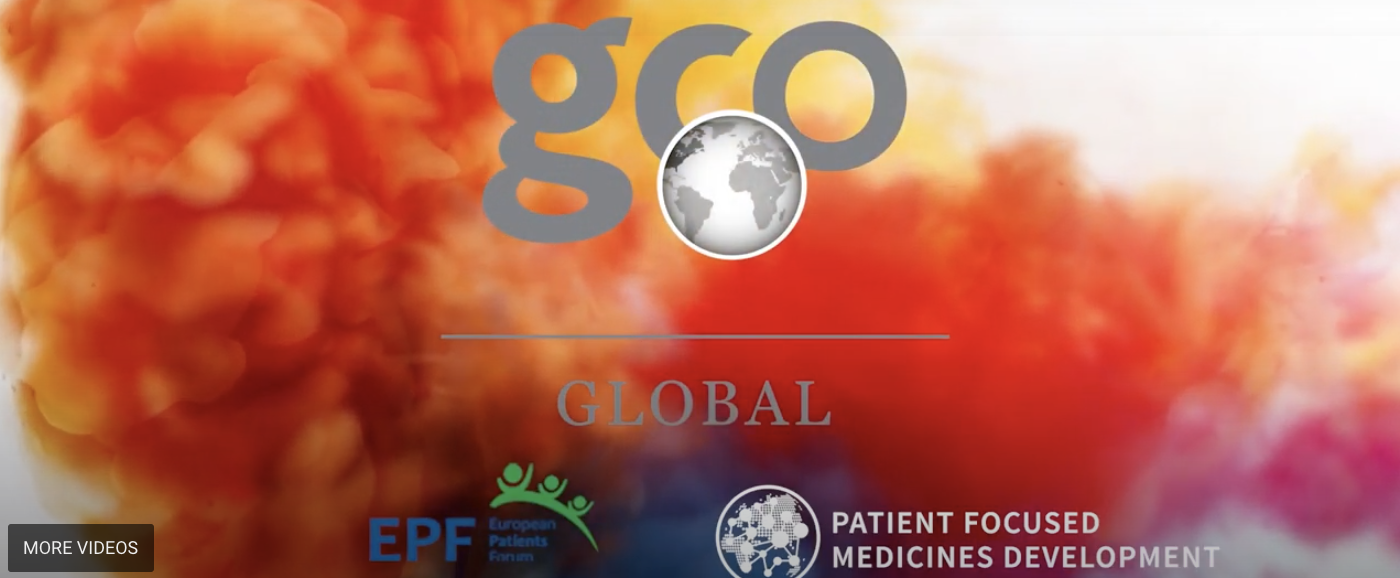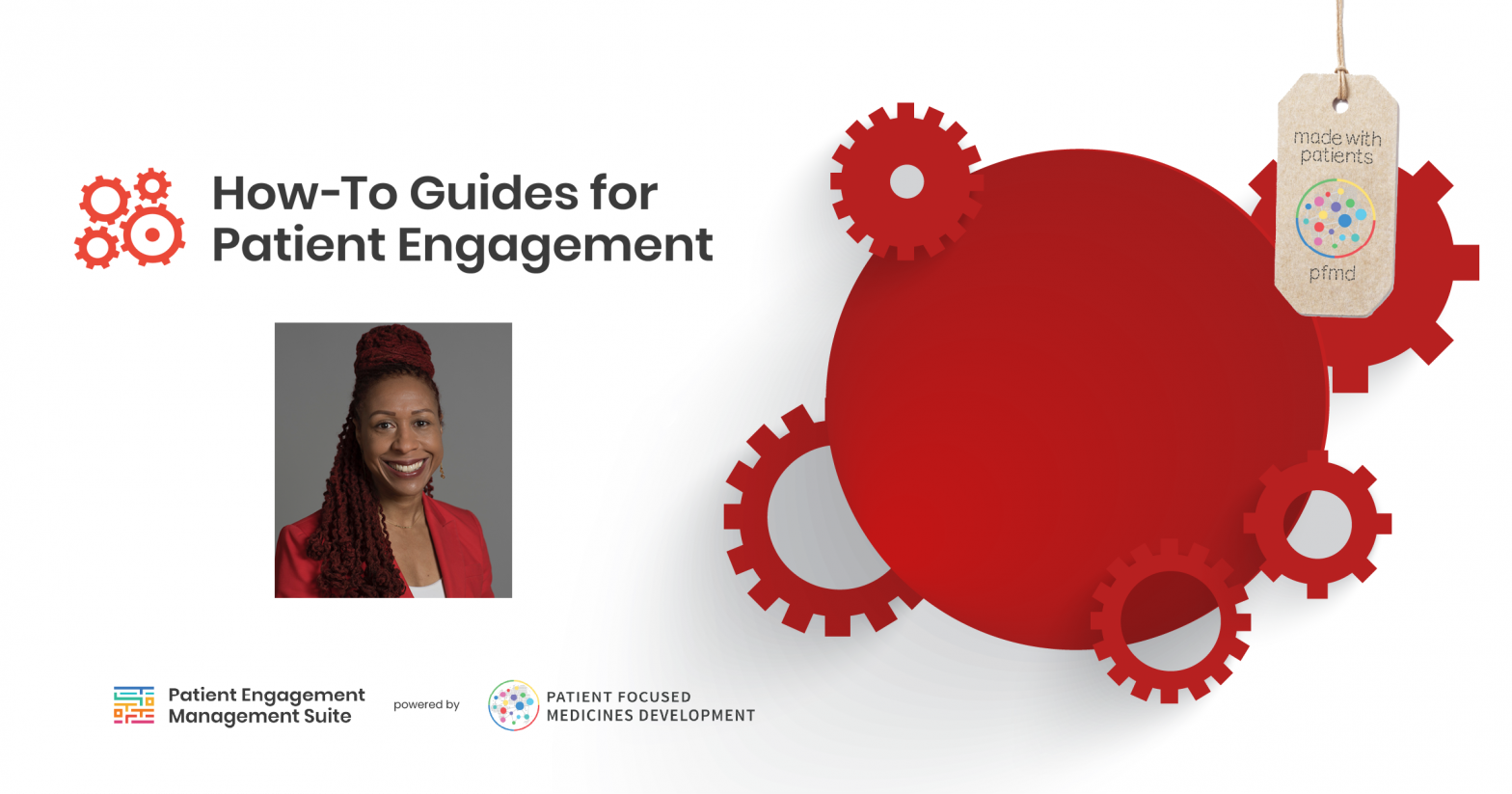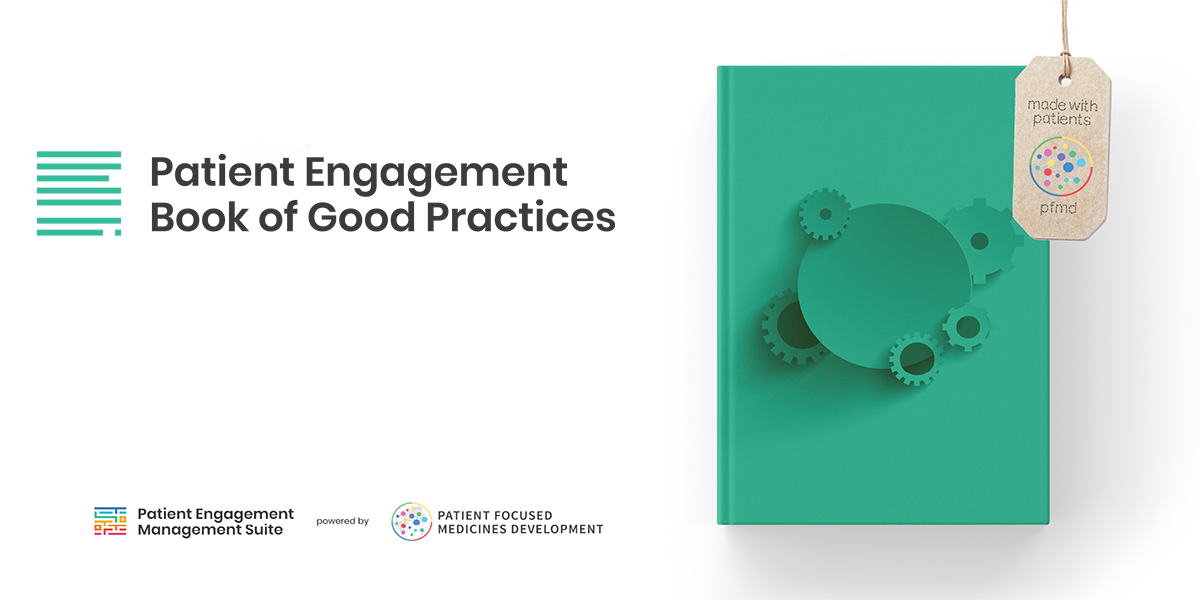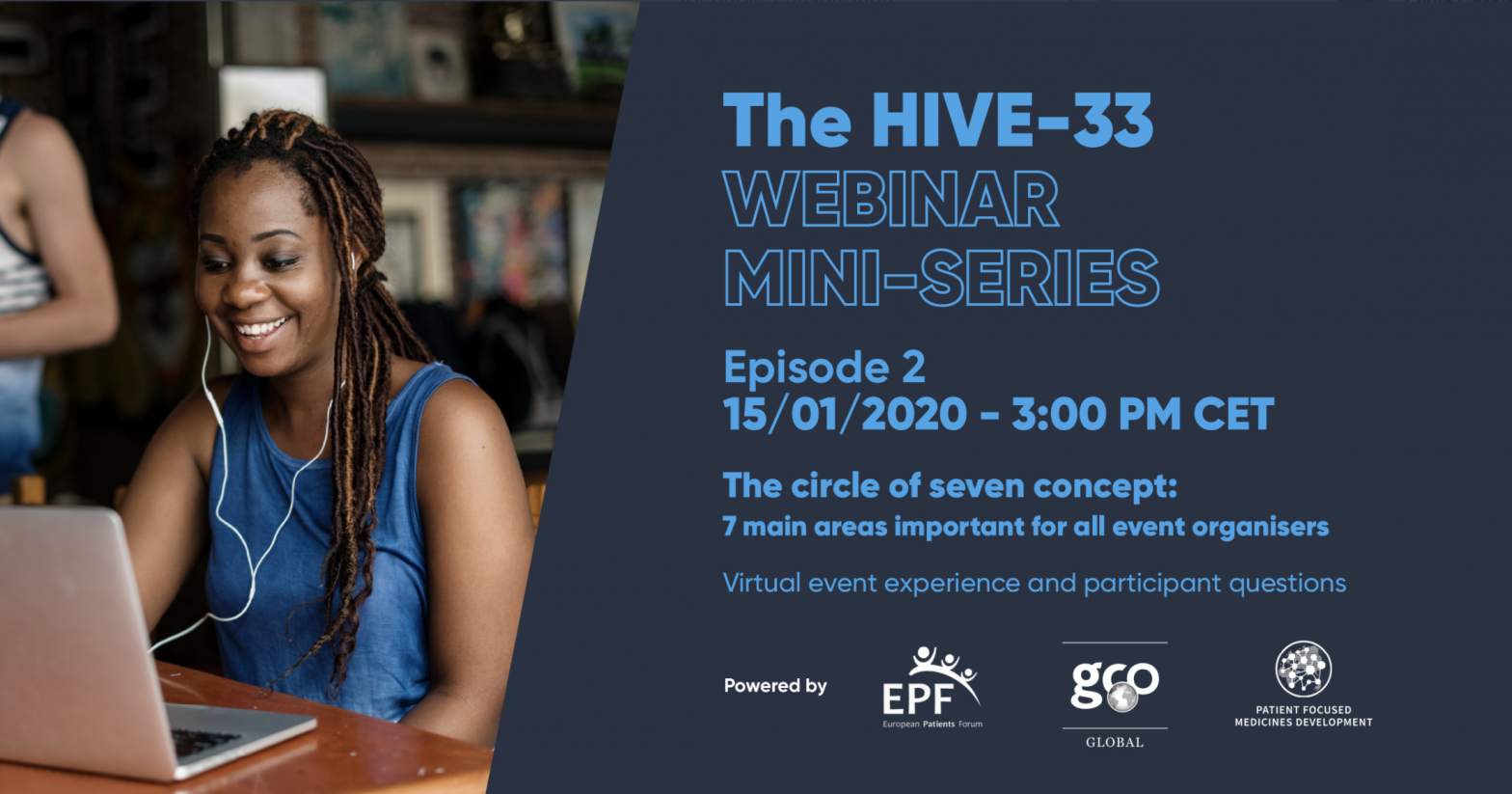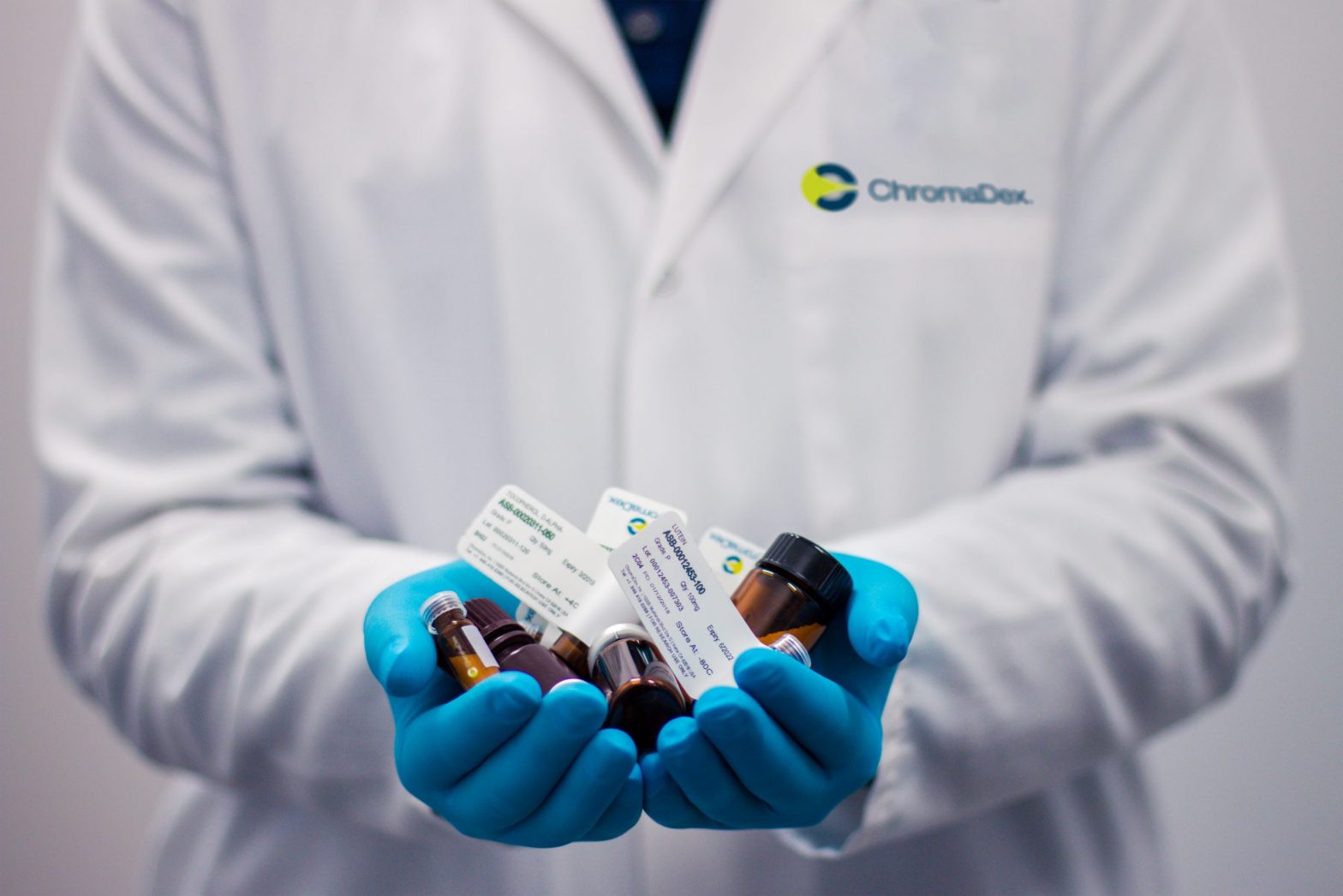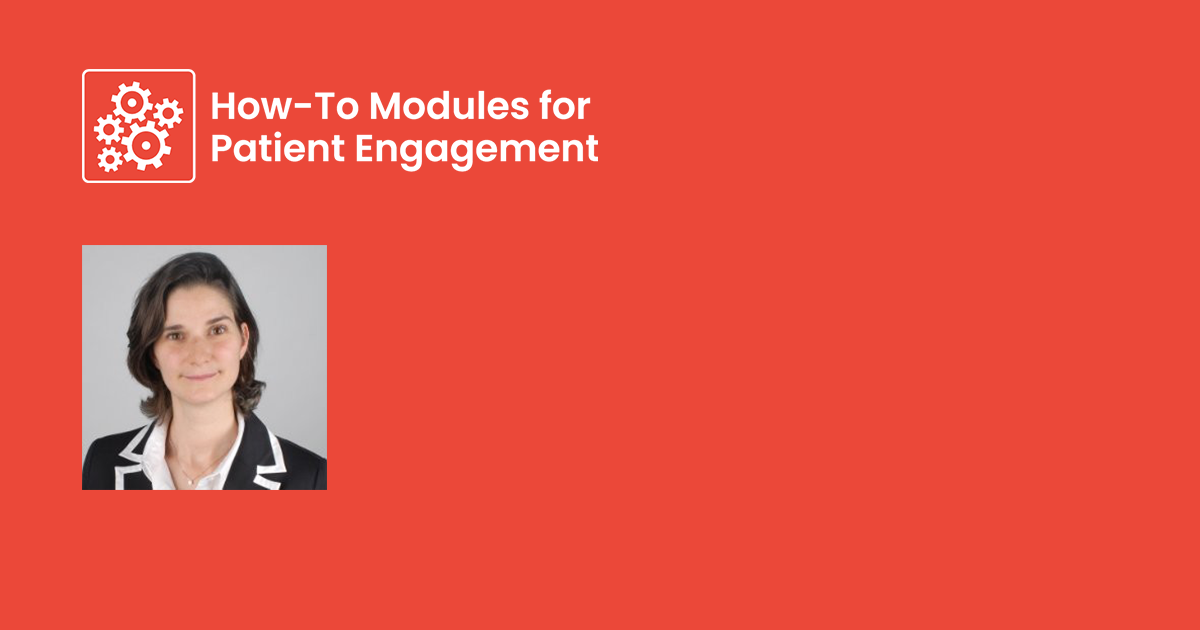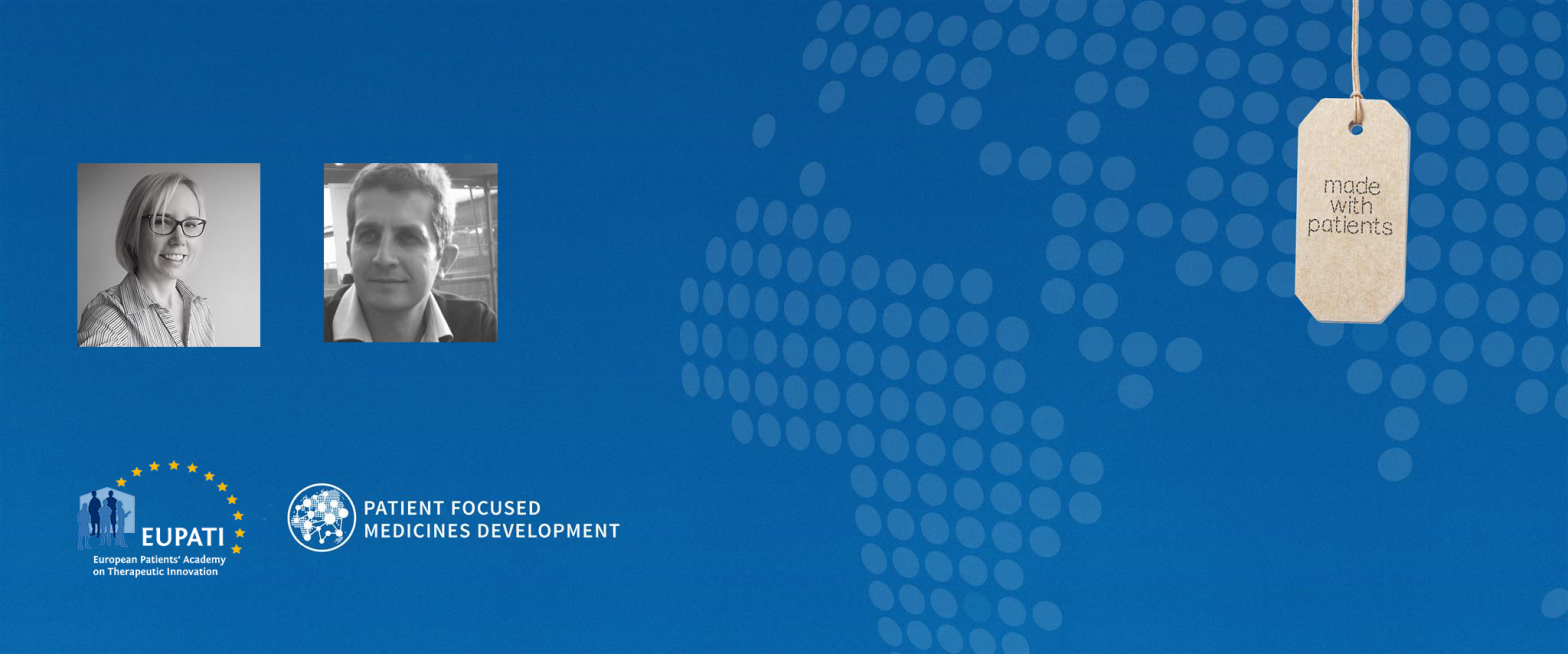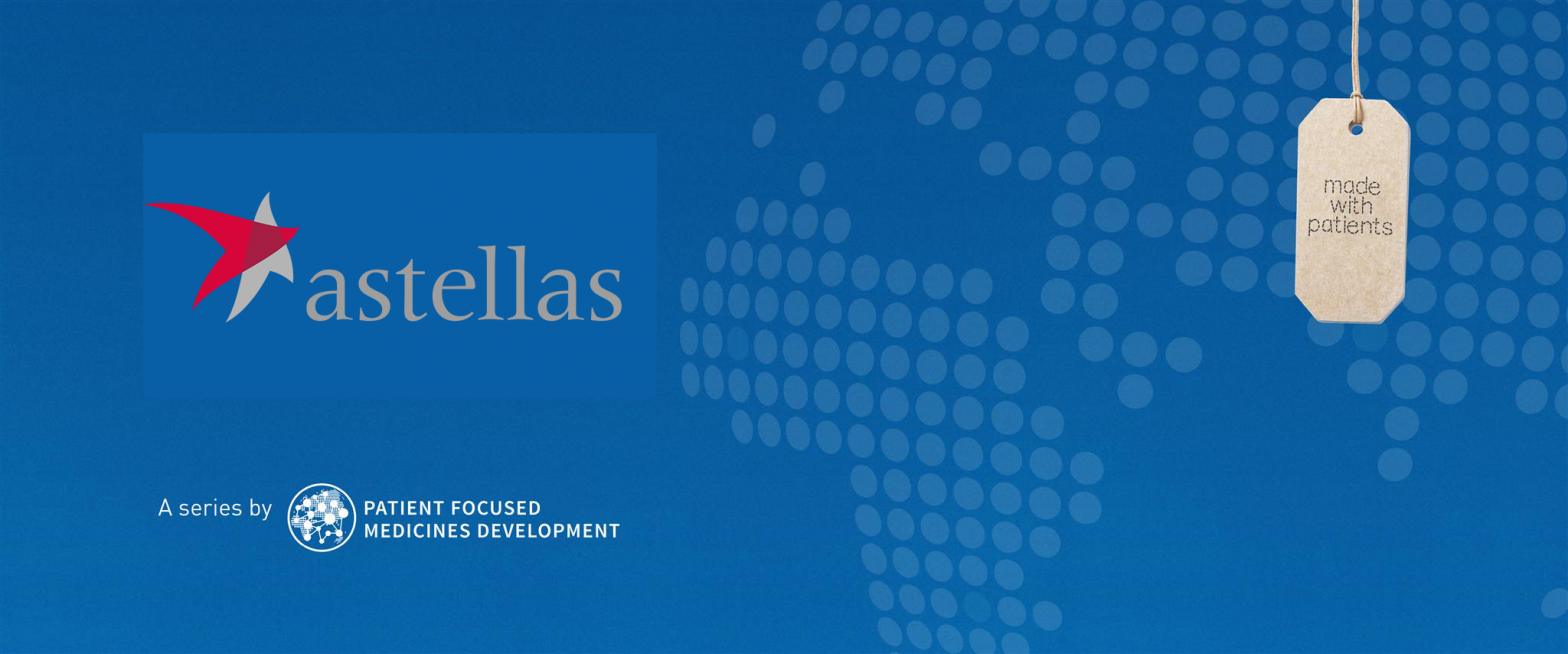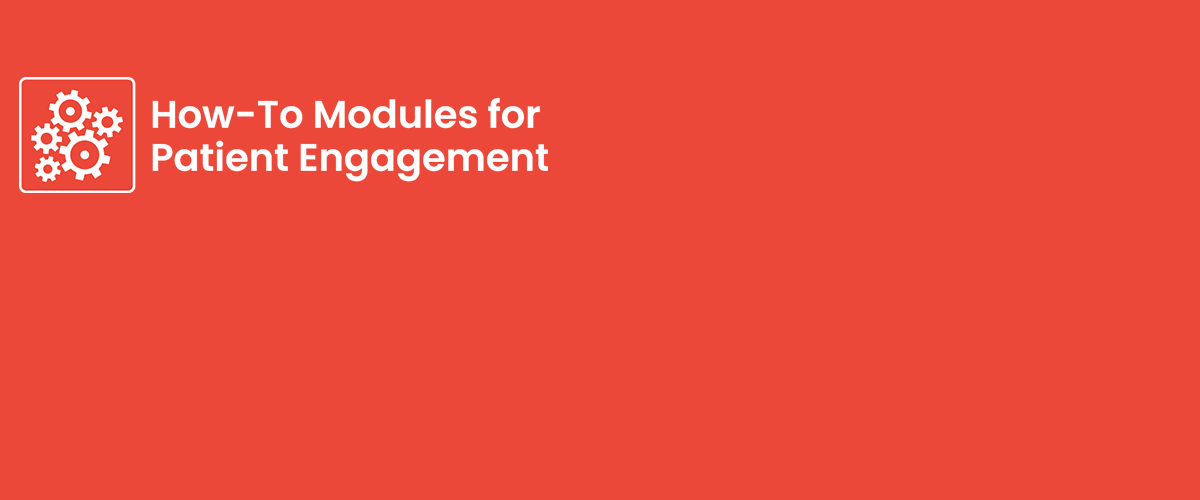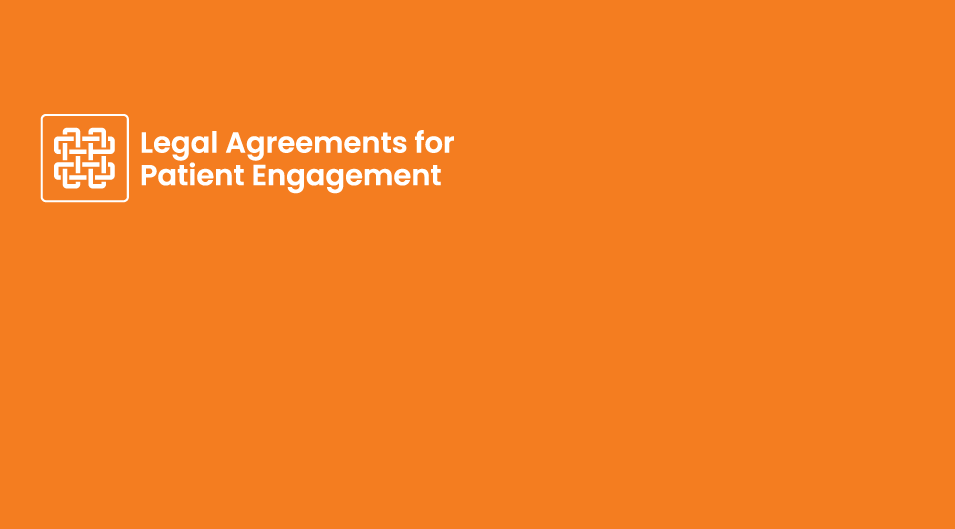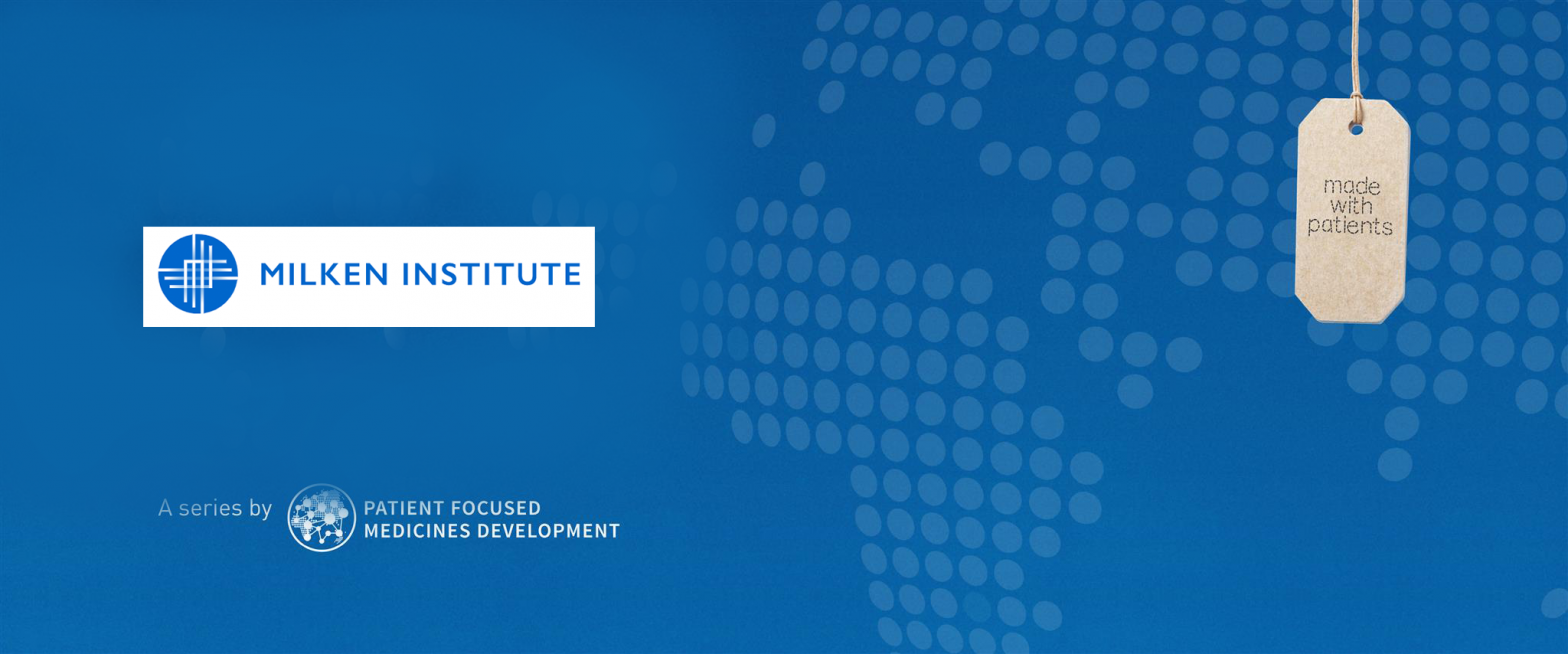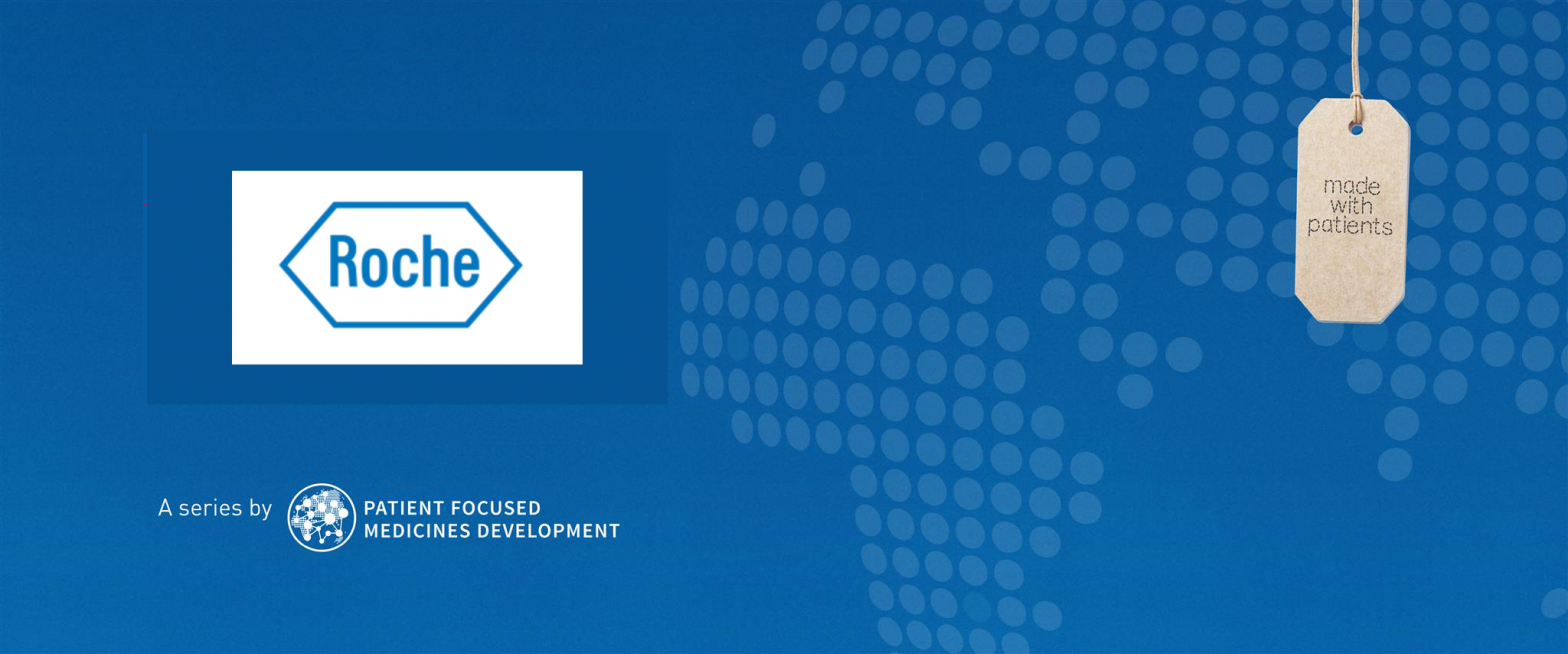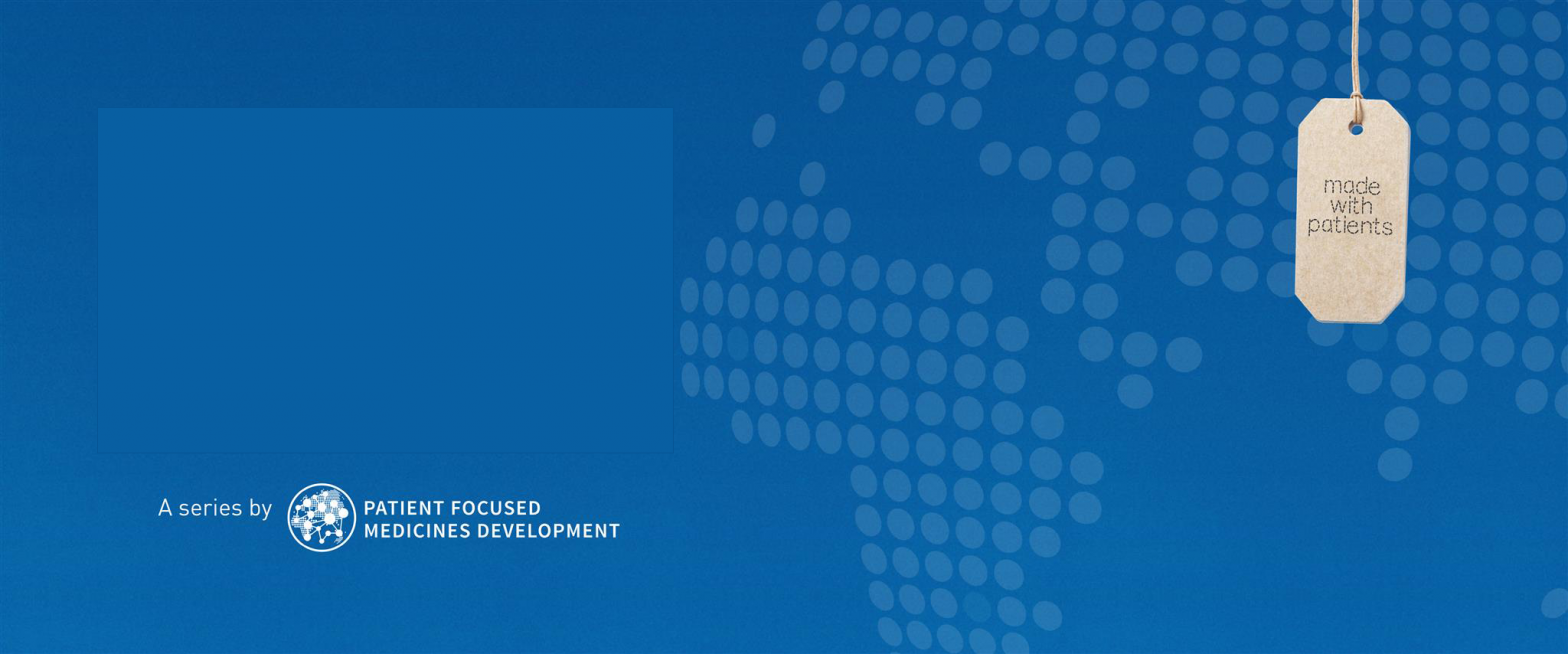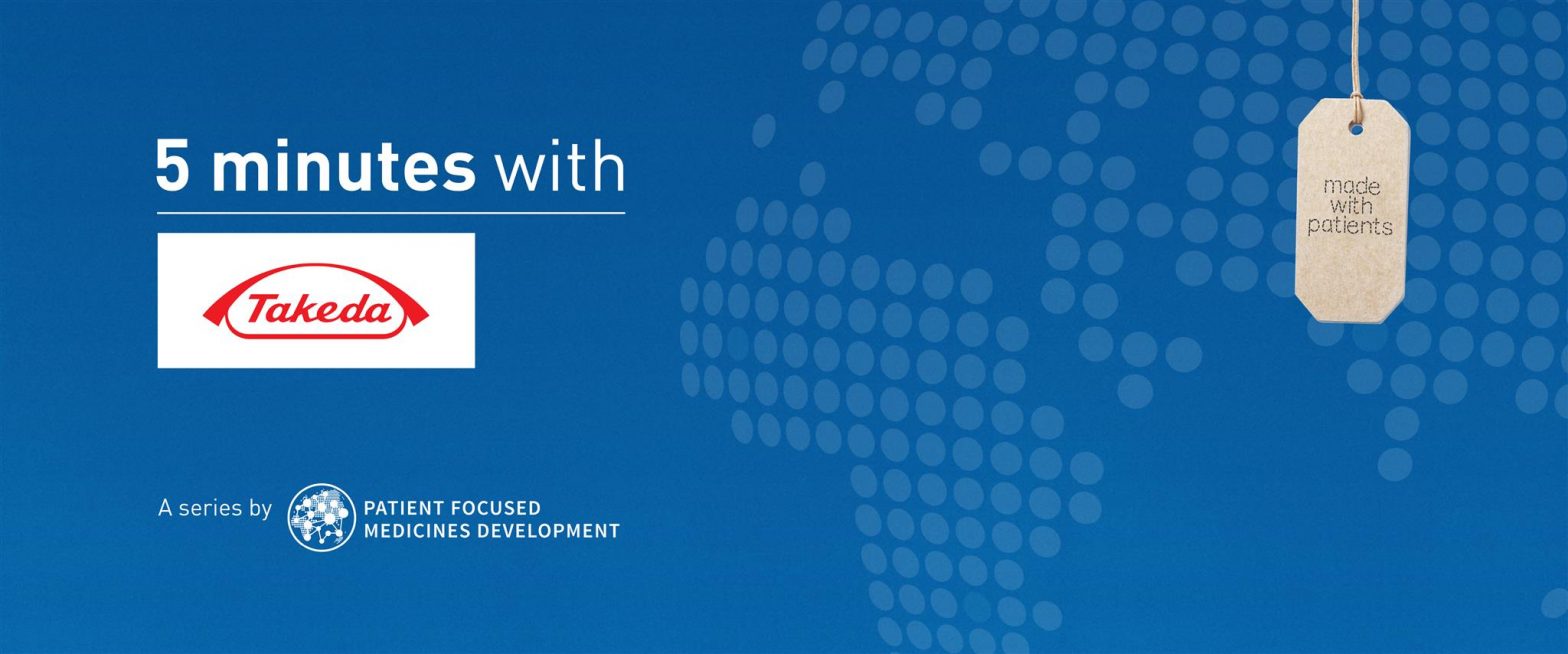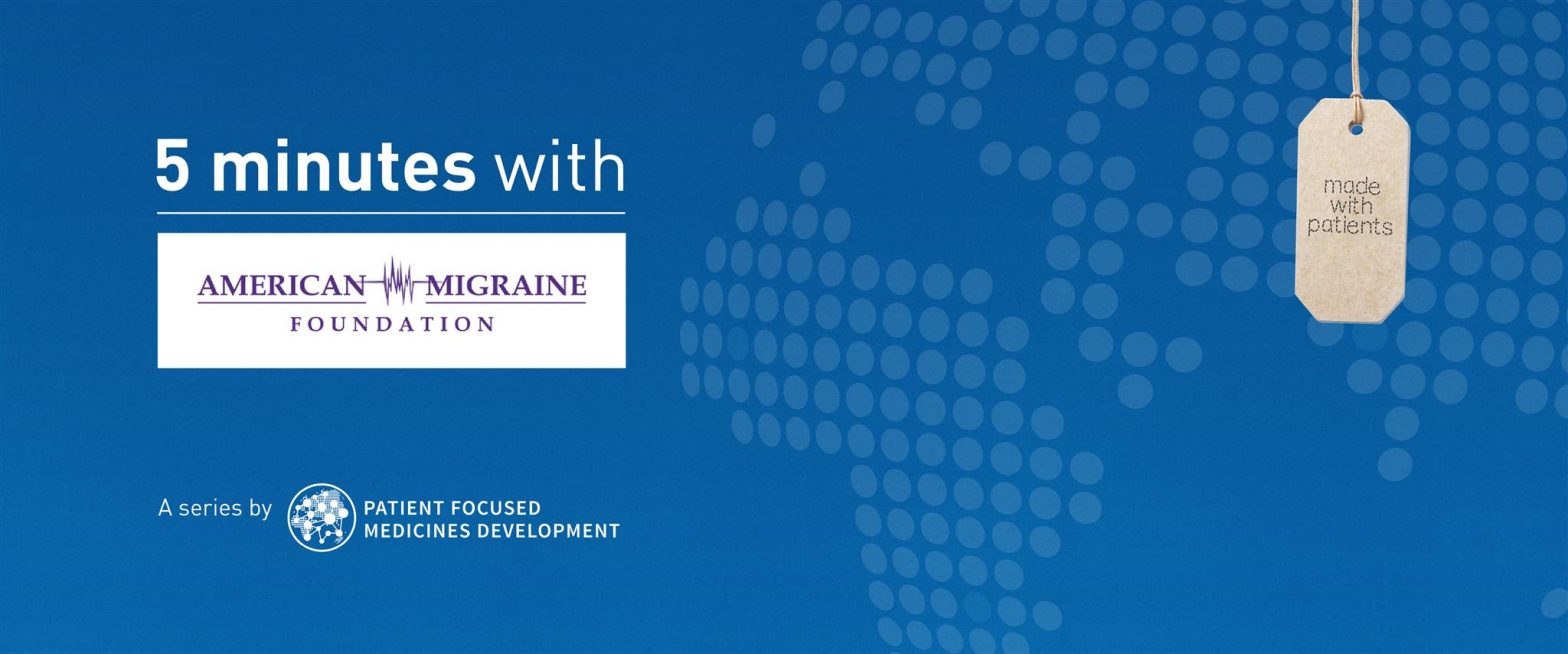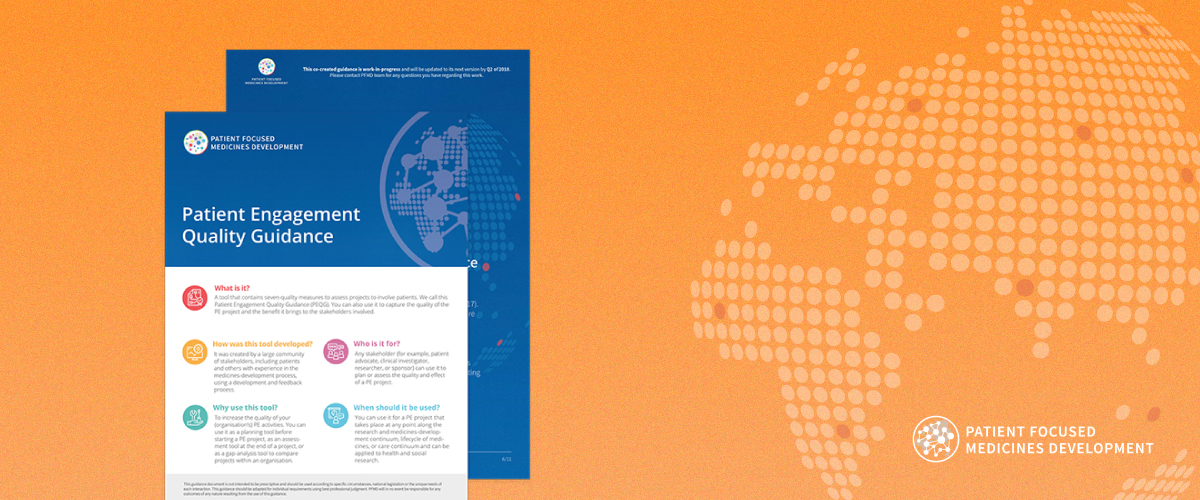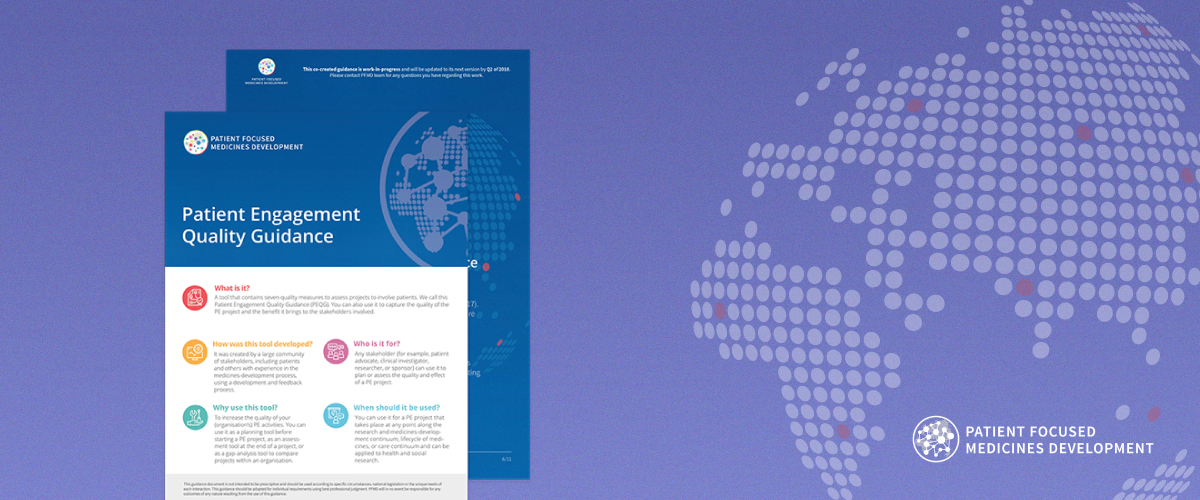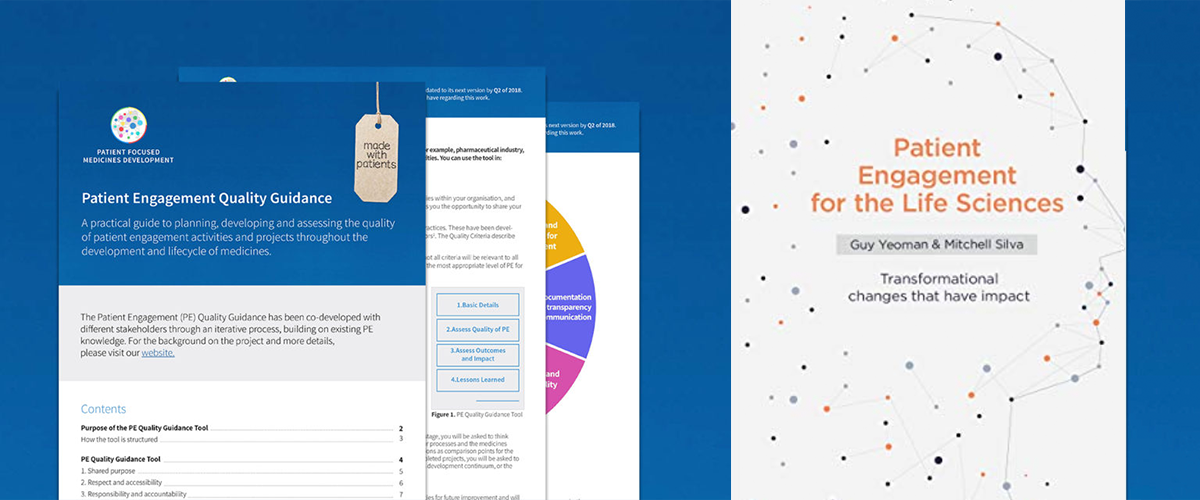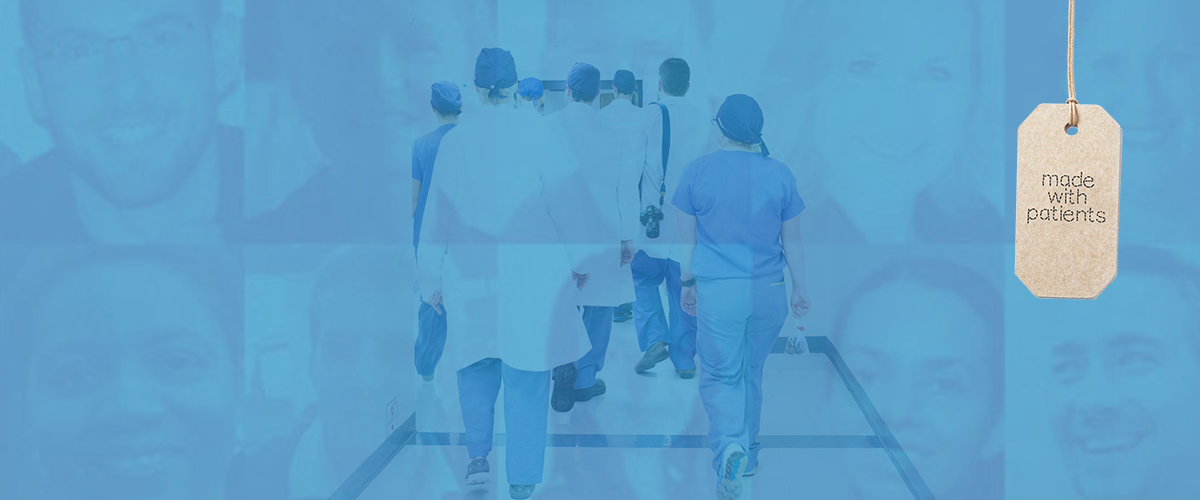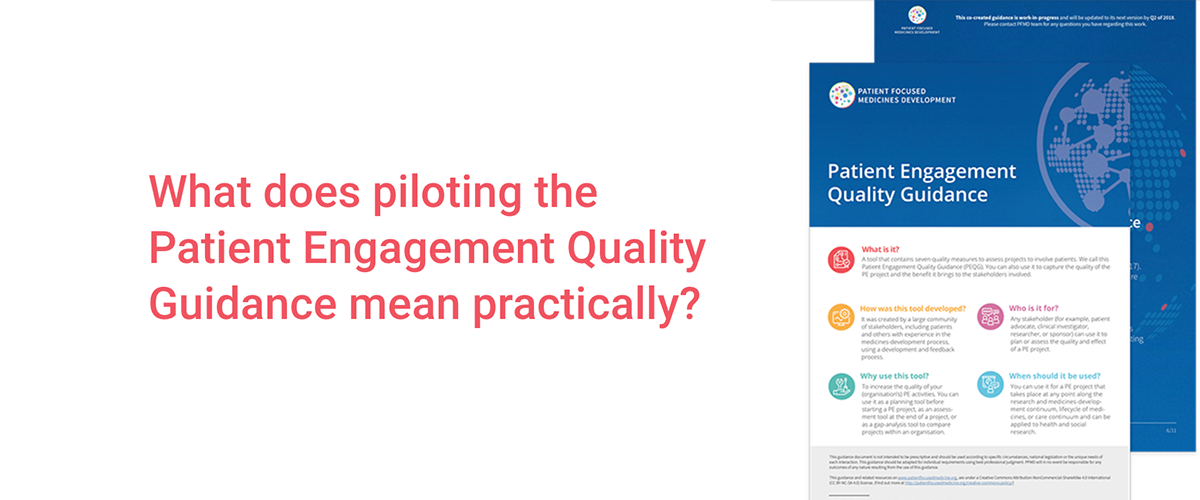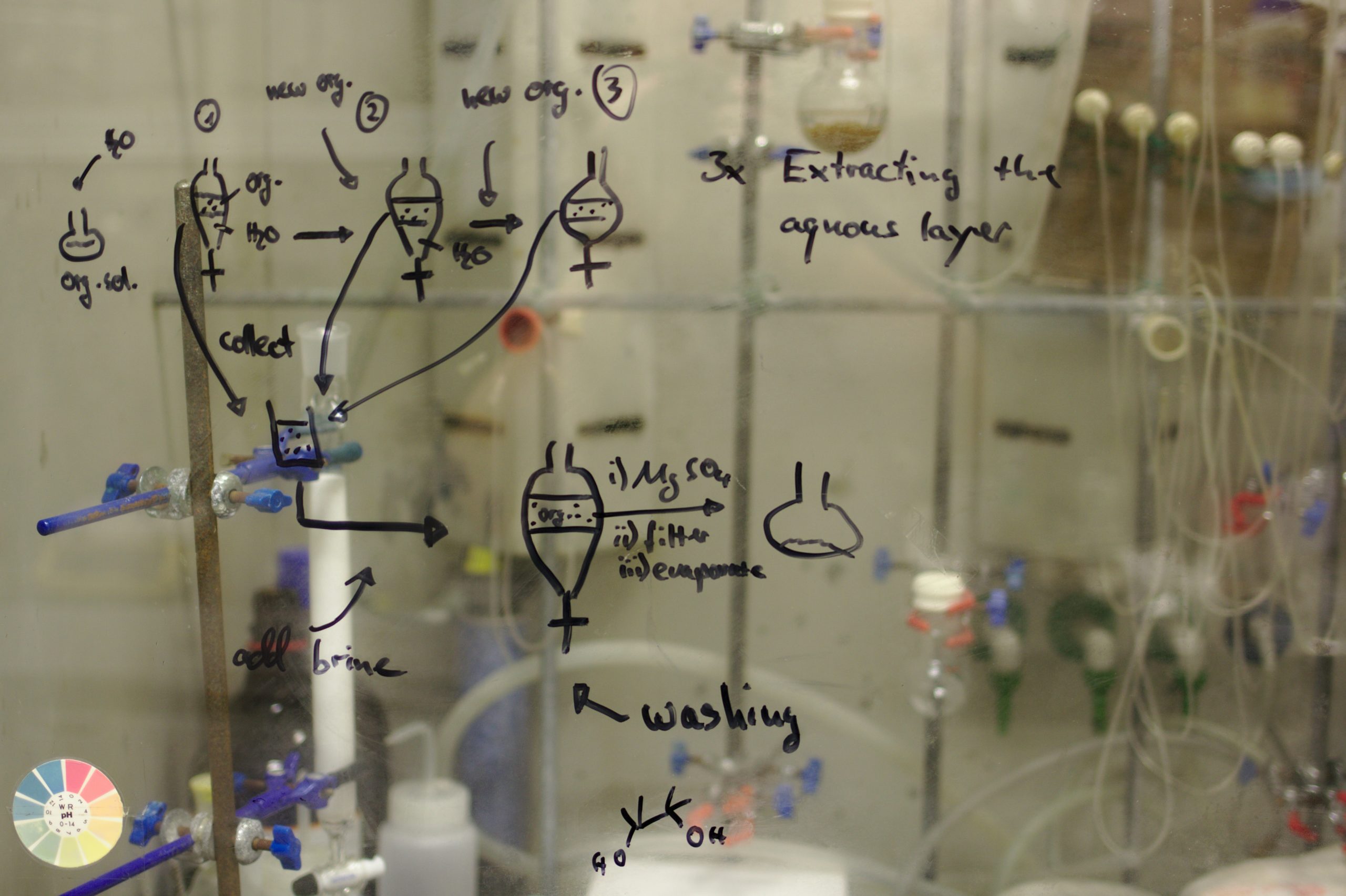As more patient advocates embrace online meetings, what’s the secret to attracting, engaging and keeping your audience? A series of webinars takes you through the 33 questions you need to ask to create impactful events.
The HIVE-33 webinar mini-series was created by PFMD, the European Patients Forum (EPF) and GCO Global to meet the growing demand for practical support in organising online events. It features tips and tricks from events virtuoso Sean Baulk of GCO Global.
In the first edition, Sean addresses what he believes are the first 10 essential questions patient organisations should answer when planning their online meeting. In conversation with Elena Balestra, Membership & Capacity Building Manager at EPF, Sean explains what works – and what doesn’t – in an age where audiences can quickly tire of lengthy virtual meetings.
‘Keeping people locked in for hours might have worked early in the pandemic when everything was new. Now, nearly a year on, it’s difficult to grab and keep people’s attention for a long time,’ he says. ‘Q&A sessions, chat functions, live polling and breakout rooms can help boost interactivity.’
The second session looks more closely at the audience experience. Chi Pakarinen, Programme Manager at PFMD, says the web series tackles many of the issues facing patient groups today.
‘There is Zoom fatigue, anxiety of being on camera, worries about not being engaging enough or getting your message across – I’ve heard so many partners say they need a short and concise checklist to help them prepare,’ she says.
In the third and final installment, the focus shifts to technology, content and post-event reporting to measure the success of the meeting. This is vital, as some organisations – particularly smaller ones, can find the variety of available tools intimidating. Early in the pandemic, when the shift to online events suddenly became the norm, organisations struggled to adapt.
‘Very few organisations had the IT know-how or resources to manage big online events,’ says Elena Balestra. ‘It was difficult to navigate the many available tools, and there were challenges in platform accessibility for some target groups. To navigate this new world, training is in high demand.’
The web series concluded with three key recommendations:
- Pay attention to the length and quality of the content of events
- Allow enough time for marketing and promotion of events (at least 3 weeks)
- Ensure that you are comfortable with the technology you are using by rehearsing before the event



